Welcome to our OpenETC presentations as part of the OER2o virtual conference. Because a global pandemic has robbed you of the chance to see us present live, and ask all those follow up questions you know you would have had, we’ve made our presentations available on this page for you along with bonus materials. We’d love you to leave us comments (yay blogs!), including all of those burning questions, and we’ll answer them as best we can.
- Case Studies in Open: Supporting OEP through OSS
- 5 Open Source Fallacies that Impede Agency and Care
Case Studies in Open: Supporting OEP through OSS
Anne-Marie Scott and Brian Lamb check in on the state of open ed tech and OpenETC in the age of COVID-19. Originally the plan was to presentSince then, the mass pivot to online has been a largely necessary retreat to a limited and conservative set of learning technologies and so this talk considers how the OpenETC and it’s particular affordances might need to respond to that. As it turns out, the OpenETC focus on rich turnkey solutions, spaces for rapid distributed collaboration, all underpinned by an ethos of sharing might be just exactly what’s needed. At the end of the recording, a Canadian rock legend has recorded a “pop up” album about open ed tech, and we have an exclusive preview to share! Recorded March 29, 2020.
Download MP3 22’15”, 30 MB
Transcript
Bonus content:
The day before that, Anne-Marie and Brian did a “test recording” that ended up being a bit more involved than they expected… talking about why the NGDLE is more problematic than ever, how the OpenETC might offer shared risk and resilience, what the “next pivot” for ed tech might look like, the tensions between “expedient” and open tech, and the self-interest educators should feel in promoting humane learning technology approaches. This is a looser conversation, with only a few of Brian’s libelous rantings and very poor jokes and impersonations edited out — yes, there were impersonations even worse than that Neil Young one he did.
The Covid19 Help App:
In primary the OER20 conversation above, Brian shares his brief impression of some inspiring ongoing efforts by TRU Law Professor Katie Sykes with students who have been through her Apps for Access to Justice Course. Katie was kind enough to follow up with this more detailed (and more accurate) description of what they are doing. You can also check out their just-launched blog: https://c19help.trubox.ca/
Cloning:
For the 2020 PressEdConf Conference, Grant Potter gave a neat 5 step overview of how the process works. The last tweet links to a gallery of examples so you can see what’s possible.
OpenETC offers an expanding number of WordPress frameworks that educators and students can adopt and adapt in an easy 5 step process at #pressEDconf20 pic.twitter.com/39MsmaZFfT
— openetc (@openetc) March 26, 2020
Clone Zone Step 1: Login to OpenETC https://t.co/TCLsO2Idrh #pressEDconf20 pic.twitter.com/EYrOCBNNeY
— openetc (@openetc) March 26, 2020
Clone Zone Step 2: Review the available WordPress-powered sites available in The Clone Zone https://t.co/qRDwHNAOcz #pressEDconf20
— openetc (@openetc) March 26, 2020
Clone Zone Step 3: Select the [Clone It To Own It] button #pressEDconf20 pic.twitter.com/wWOGOBifAO
— openetc (@openetc) March 26, 2020
Clone Zone Step 4: Fill in your desired site name and subdomain and [Submit] #pressEDconf20 pic.twitter.com/957yDXrZ6o
— openetc (@openetc) March 26, 2020
Clone Zone Step 5: Visit your new cloned WordPress site to adapt and extend! #pressEDconf20 pic.twitter.com/6Z5bOsHn1n
— openetc (@openetc) March 26, 2020
Clone Zone templates offer links to sites celebrating how they have been used. For some OpenETC SPLOTWriter examples see the Example Sites at https://t.co/DUzeTVuy0i #pressEDconf20
— openetc (@openetc) March 26, 2020
Examples of cloning:
A boutique food security deep map:
Turned into a cloneable generic framework:
And then adapted for a Geography course map…
ePortfolios
A generic starter portfolio for a “Family History” course…
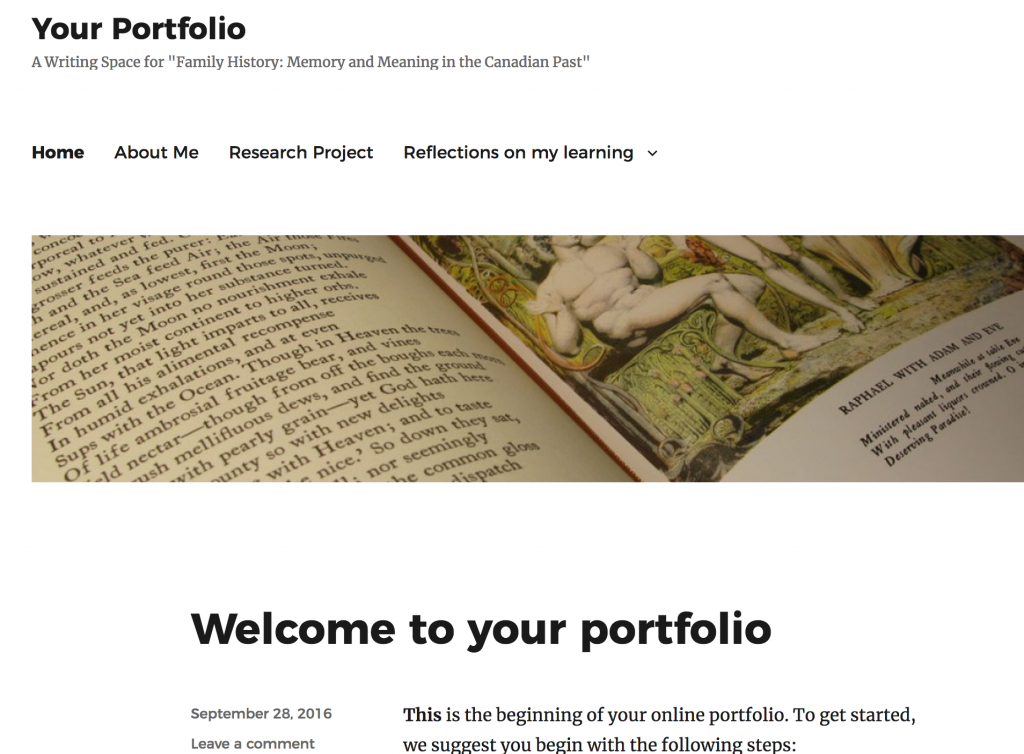
…can be re-worked any number of ways.
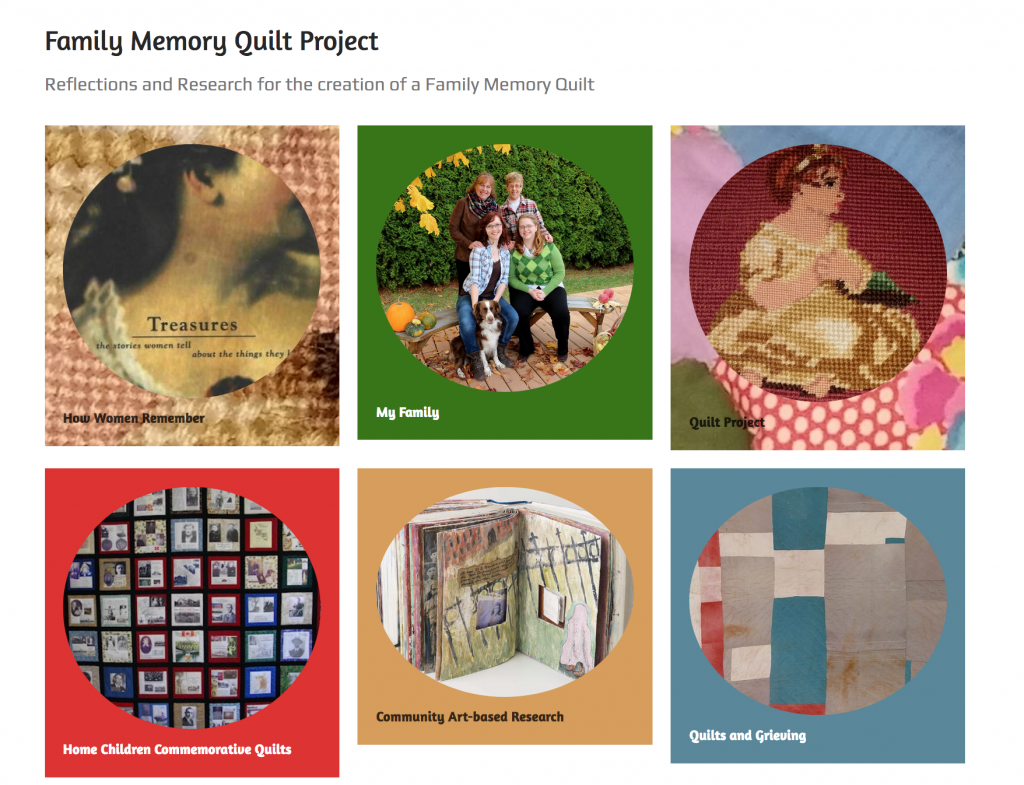
5 Open Source Fallacies that Impede Agency and Care
Tannis Morgan and Anne-Marie Scott talk about why critical and active consideration of the ethics of technologies used to underpin Open Education Practices (OEP) is a form of care in practice. Consideration of Open Source Software (OSS) is regularly presented as an ethical choice, but adoption is often stalled by perceived barriers unique to OSS. The presentation debunks 5 key “myths” around open source software and underscores that OEP can be fundamentally enhanced by embracing OSS.
Bonus Bonus Content:
How to procure open source – a blog post for the Apereo Foundation in 2019. “The first thing to address straight off the bat is the question of how to get open source via an RFP / competitive procurement process. The simple answer is that you don’t.”
Contesting open spaces – a guest blog post by Clint Lalonde for the OER20 conference site considering the relationship between open source software and open education, with a specific focus on the social media technologies we use to maintain our Personal Learning Networks.


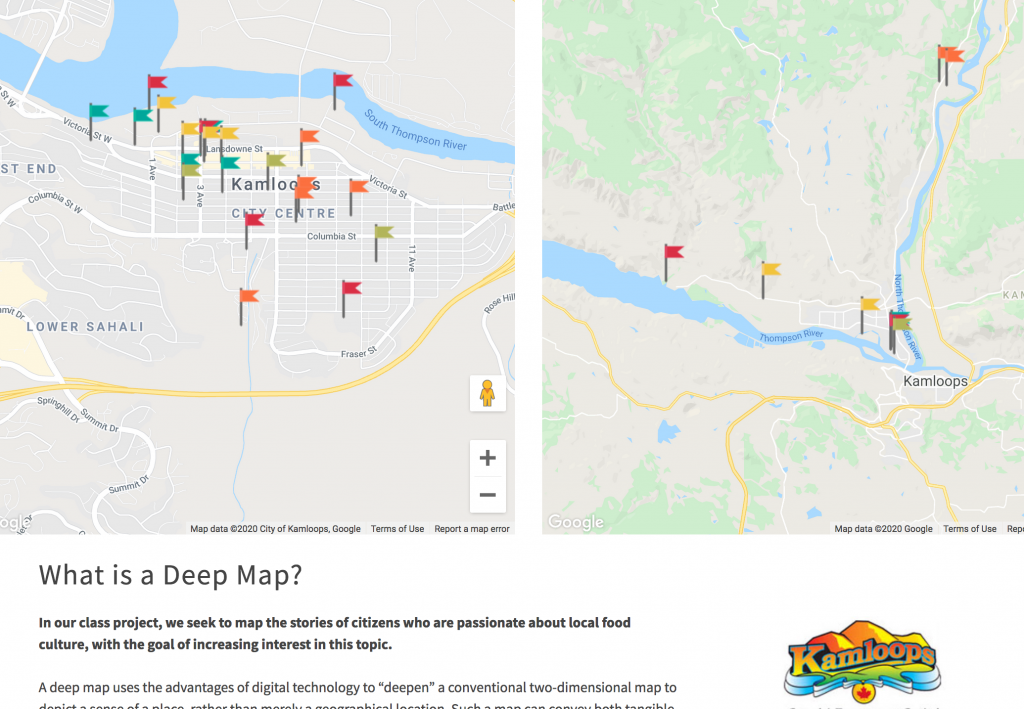
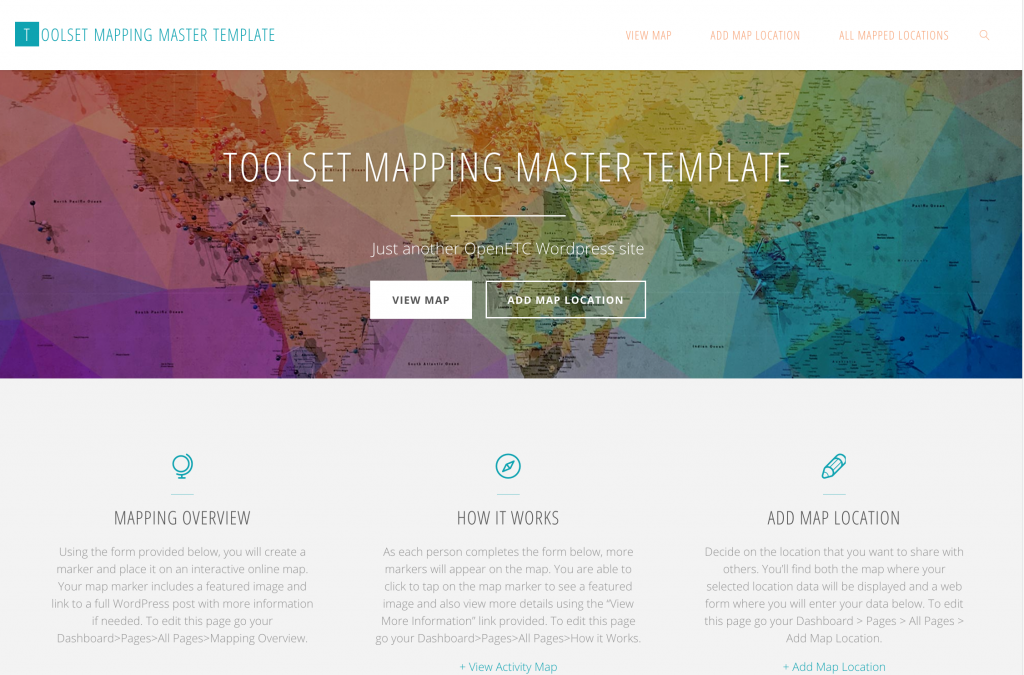
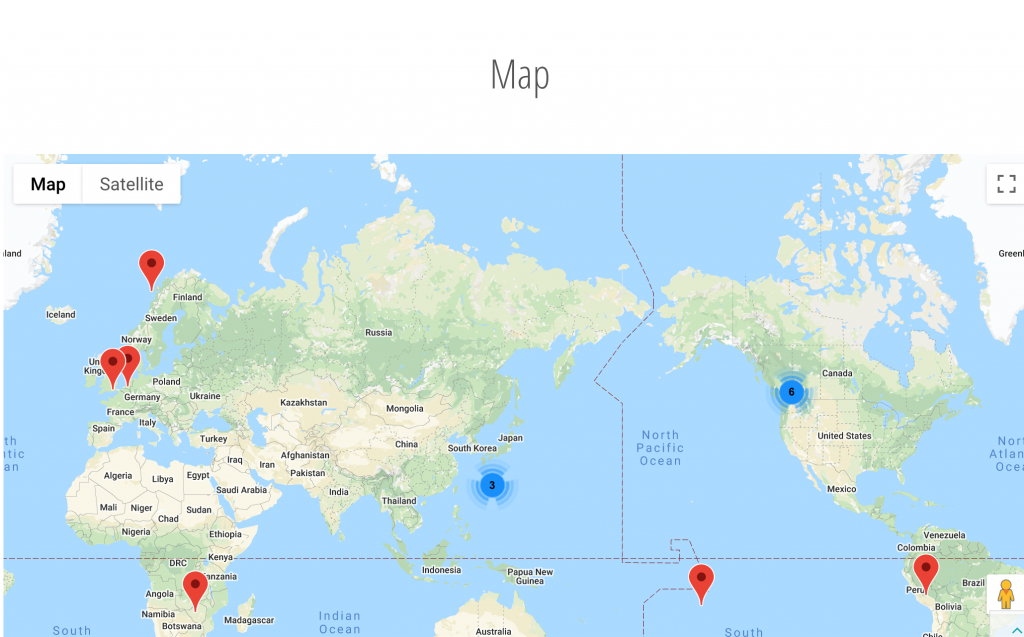
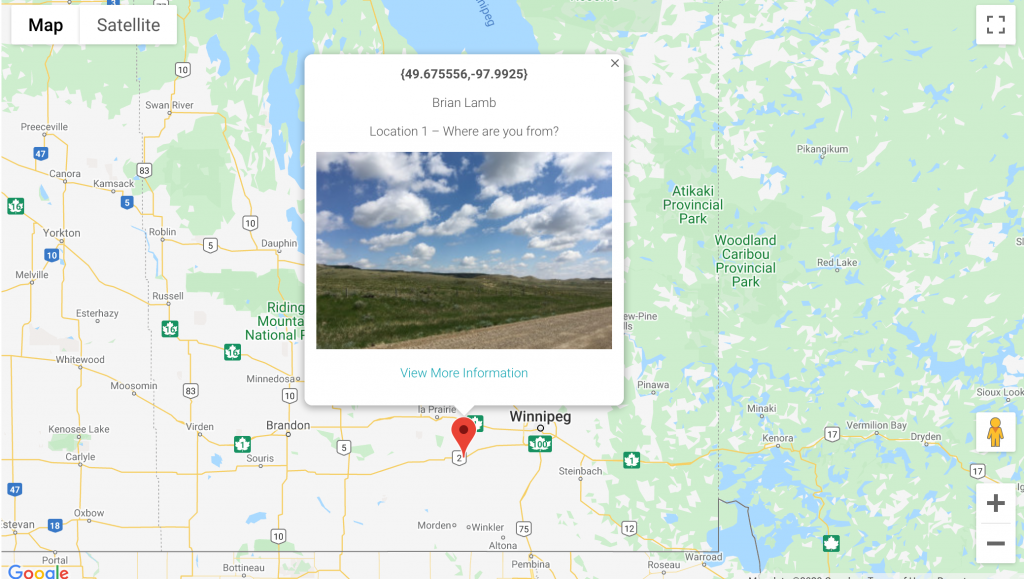

Leave a Reply